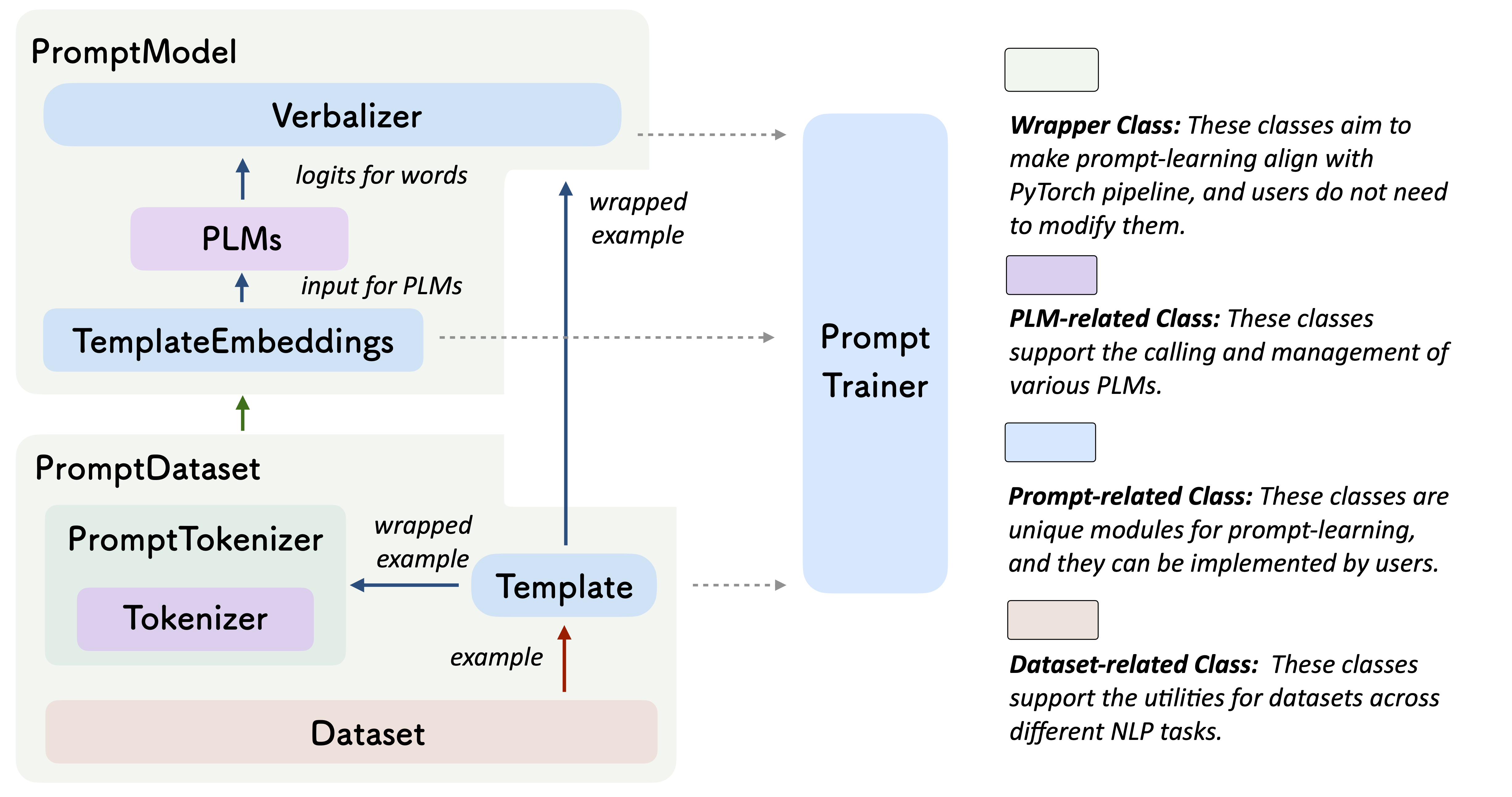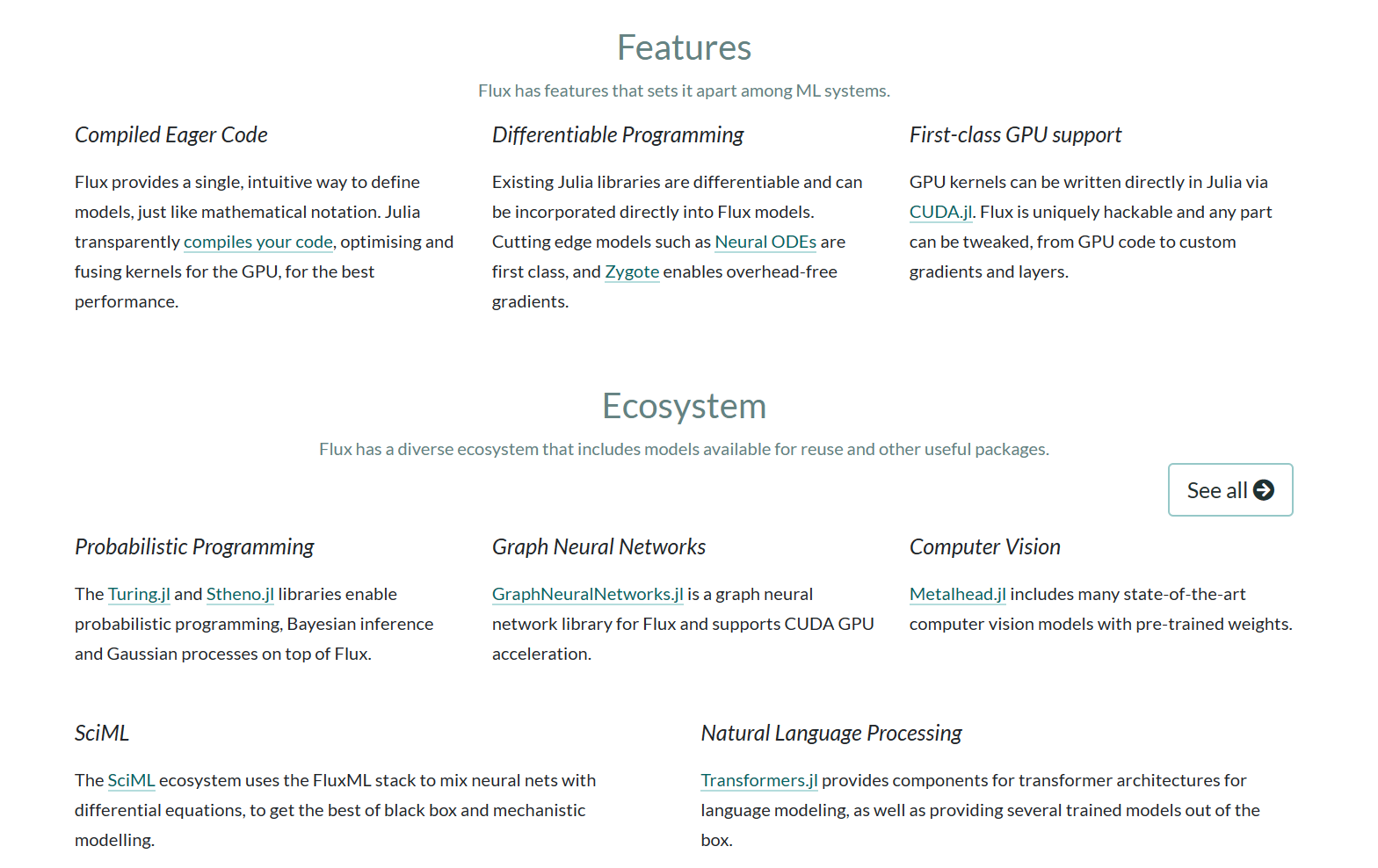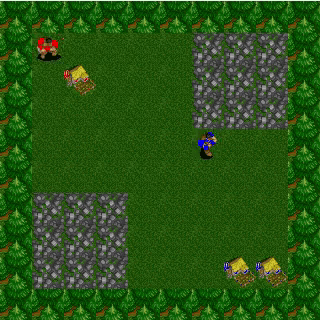ML Frameworks
C/C++ Frameworks
DeepC
Repository README.md contains links to colab notebook and other reference material.
The deepC is a vendor independent deep learning library, compiler and inference framework designed for small form-factor devices including μControllers, IoT and Edge devices.
Python Frameworks
OpenPrompt
See also UltraChat.
Julia Frameworks
Flux
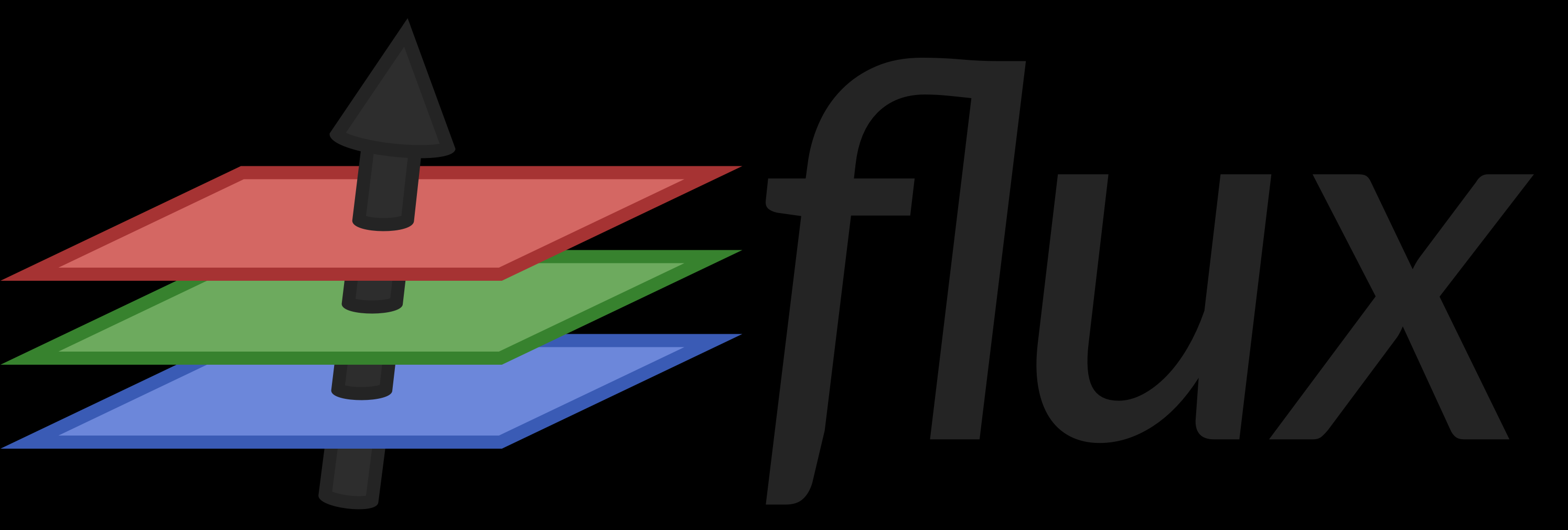
Flux is a 100% pure-Julia stack and provides lightweight abstractions on top of Julia’s native GPU and AD support. It makes the easy things easy while remaining fully hackable.
MLJ
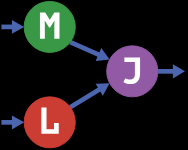
MLJ (Machine Learning in Julia) is a toolbox written in Julia providing a common interface and meta-algorithms for selecting, tuning, evaluating, composing and comparing about 200 machine learning models written in Julia and other languages.
Focus is mainly not on Deep Learning techniques.
Other Languages
Framework Interop
Reinforcement Learning initiatives
DeepRTS
DeepRTS is a high-performance Real-TIme strategy game for Reinforcement Learning research. It is written in C++ for performance, but provides an python interface to better interface with machine-learning toolkits. Deep RTS can process the game with over 6 000 000 steps per second and 2 000 000 steps when rendering graphics. In comparison to other solutions, such as StarCraft, this is over 15 000% faster simulation time running on Intel i7-8700k with Nvidia RTX 2080 TI.
The aim of Deep RTS is to bring a more affordable and sustainable solution to RTS AI research by reducing computation time.
Google Deepmind’s lab

DeepMind Lab is a 3D learning environment based on id Software’s Quake III Arena via ioquake3 and other open source software.
DeepMind Lab provides a suite of challenging 3D navigation and puzzle-solving tasks for learning agents. Its primary purpose is to act as a testbed for research in artificial intelligence, especially deep reinforcement learning.
(Click the images below to watch each of the three demo videos on YouTube.)
Gymnasium

Successor to OpenAI’s Gym (website, repository).
Gymnasium includes the following families of environments along with a wide variety of third-party environments
Classic Control - These are classic reinforcement learning based on real-world problems and physics.
Box2D - These environments all involve toy games based around physics control, using box2d based physics and PyGame-based rendering
Toy Text - These environments are designed to be extremely simple, with small discrete state and action spaces, and hence easy to learn. As a result, they are suitable for debugging implementations of reinforcement learning algorithms.
MuJoCo - A physics engine based environments with multi-joint control which are more complex than the Box2D environments.
Atari - A set of 57 Atari 2600 environments simulated through Stella and the Arcade Learning Environment that have a high range of complexity for agents to learn.
Third-party - A number of environments have been created that are compatible with the Gymnasium API. Be aware of the version that the software was created for and use the apply_env_compatibility in gymnasium.make if necessary.


